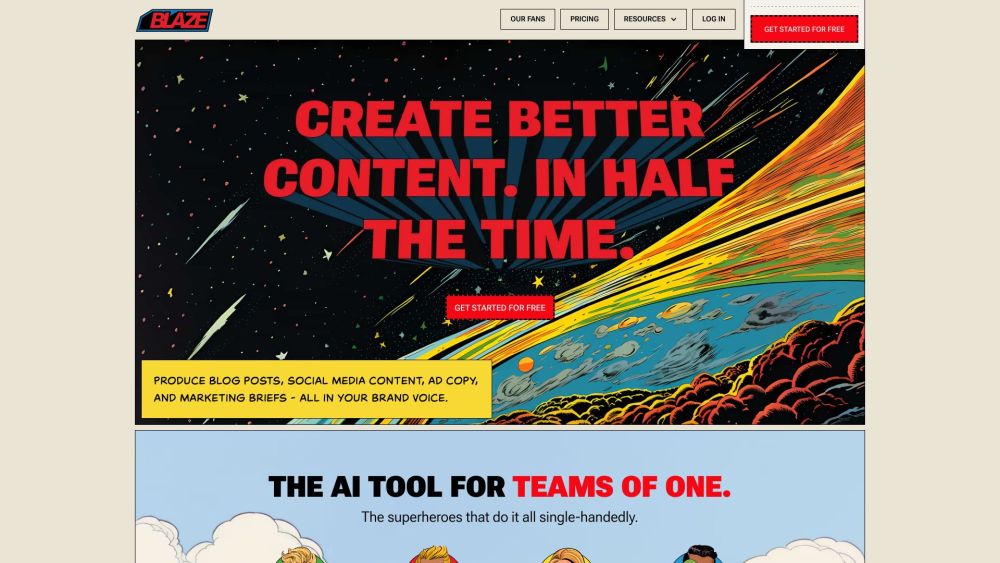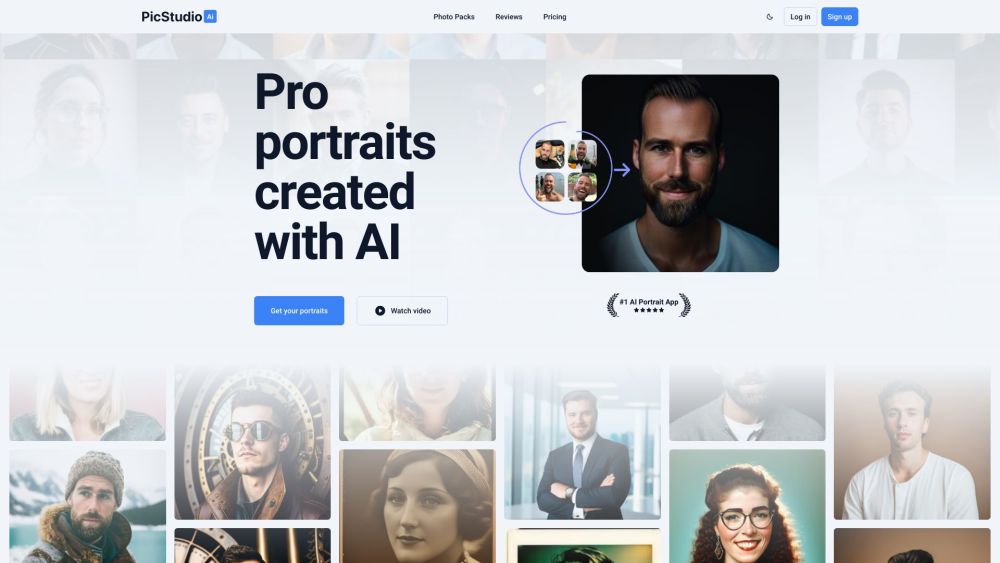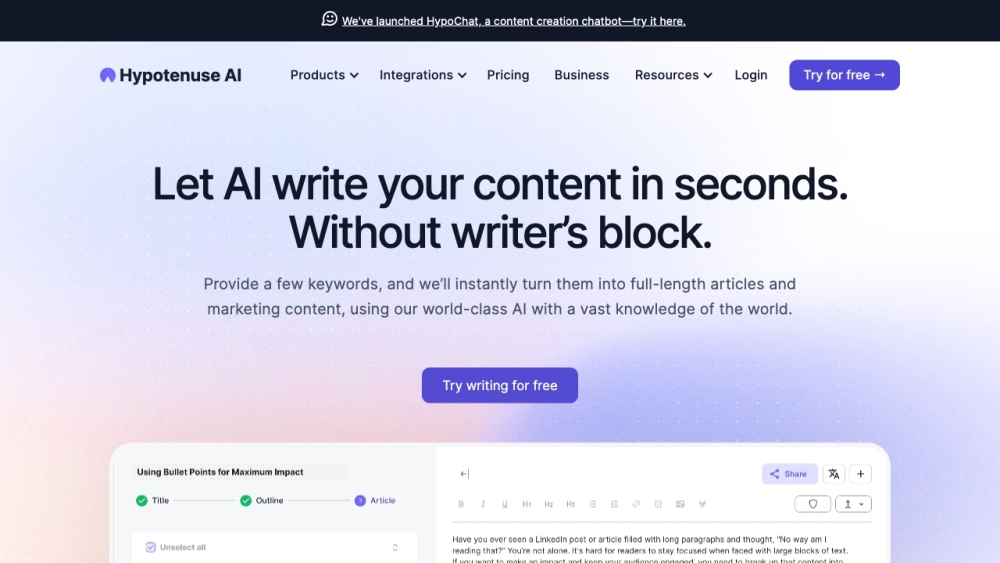Record Labels Take Legal Action Against AI Music Generators for Extensive Music Infringement
Most people like

Introducing an AI-powered tool designed to craft content that perfectly captures your brand voice. Whether you're aiming to engage your audience or enhance your brand identity, this innovative solution transforms your ideas into compelling narratives that resonate with your target market. Elevate your content strategy today with cutting-edge technology tailored specifically for your needs.

Transform your photos into stunning professional portraits in just minutes with advanced AI technology. Discover how easy it is to elevate your images and create eye-catching visuals that stand out. Perfect for social media, personal branding, or special occasions, our AI-powered solution delivers exceptional results quickly and effortlessly.

Introducing an AI roleplay platform that immerses you in captivating interactive stories. Dive into a world where you can shape your narrative, interact with dynamic characters, and explore limitless adventures. Whether you're a seasoned roleplayer or new to the scene, our platform offers an engaging experience that empowers your creativity. Join us to unlock thrilling stories and embark on unforgettable journeys today!

Hypotenuse AI is an advanced AI Writing Assistant that effortlessly creates high-quality content tailored to your specific keywords. Whether you're looking to enhance your blog, website, or marketing materials, Hypotenuse AI streamlines the writing process while ensuring your content is engaging and relevant.
Find AI tools in YBX

